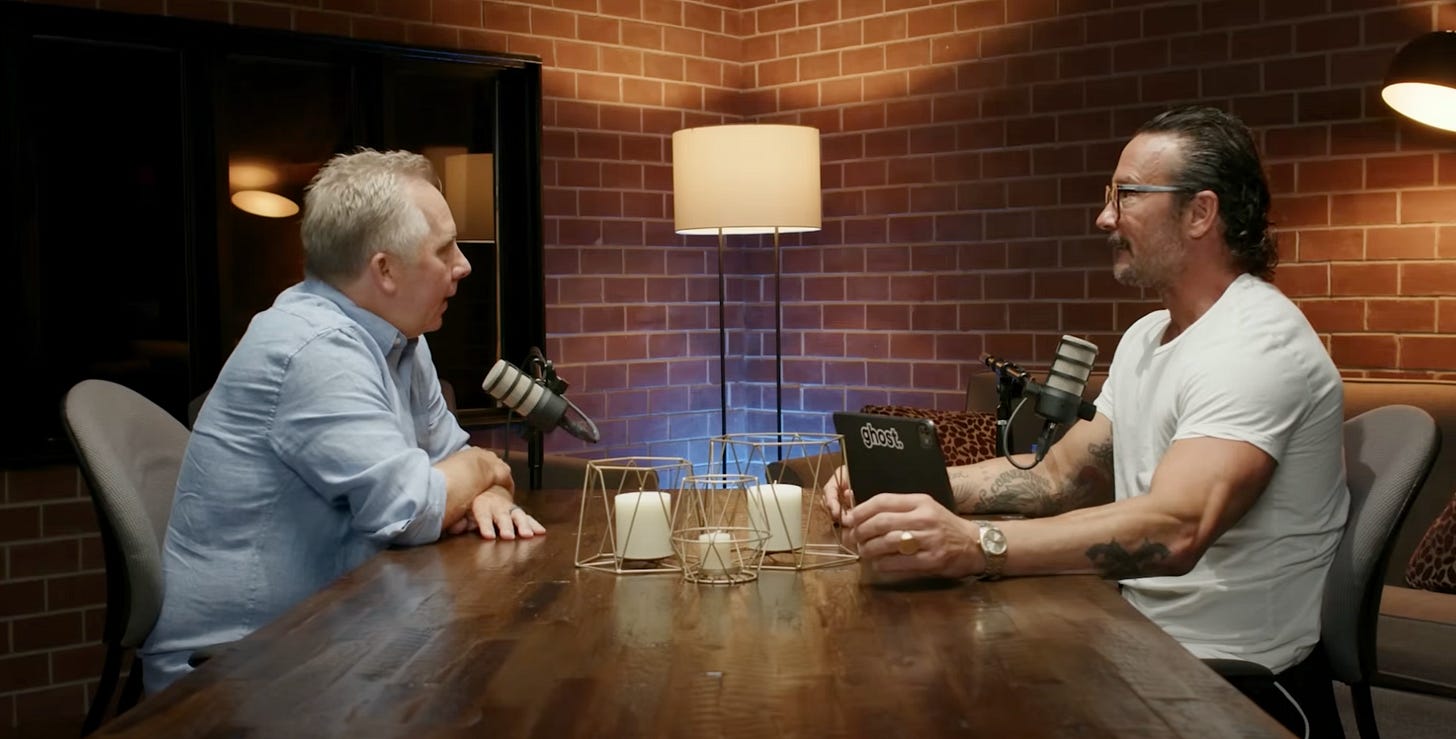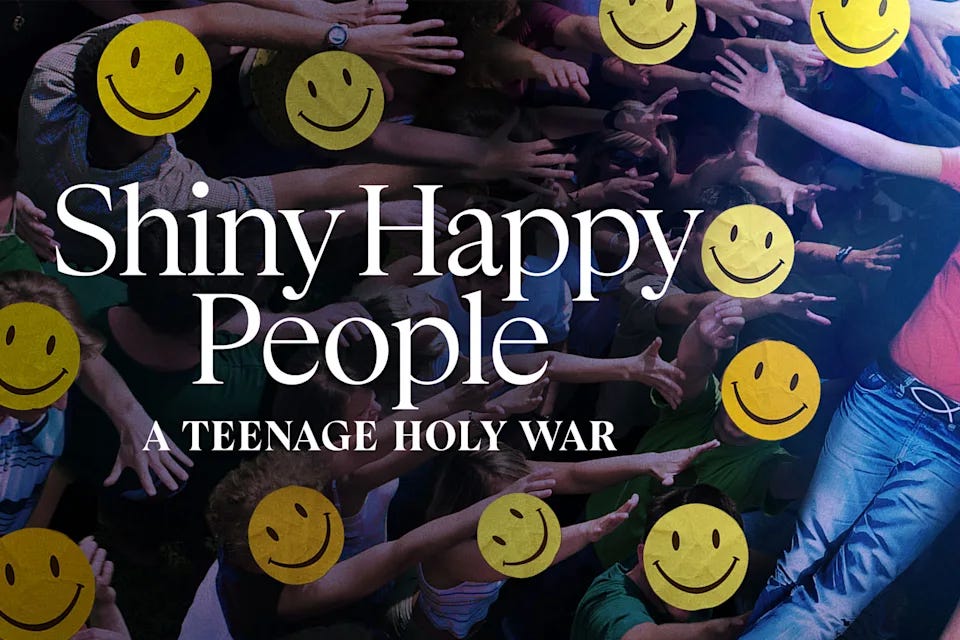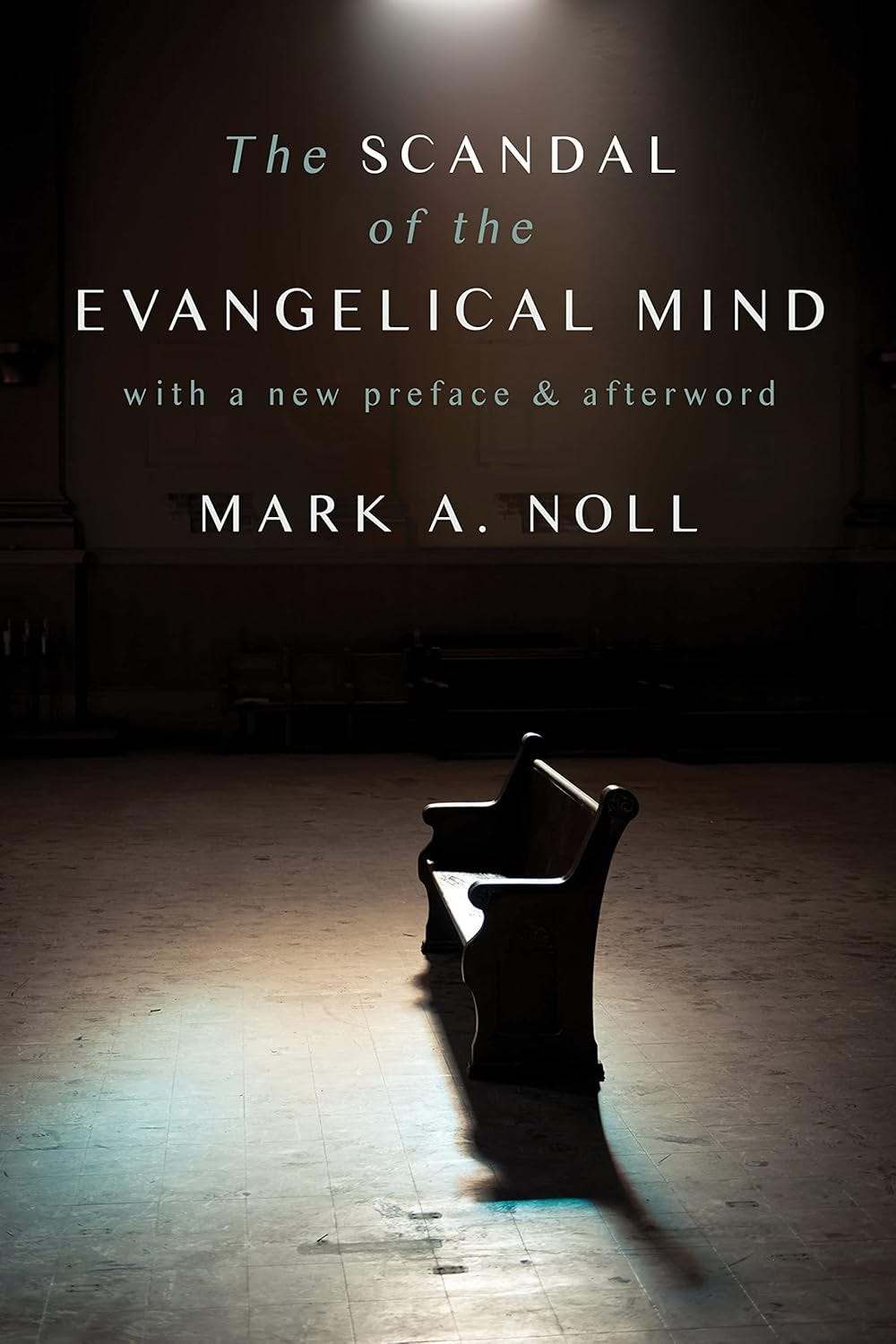The Deeply Formed Leader: Do I need a Spiritual Director? And a few other interesting things...
Do I need a Spiritual Director? Lately, I’ve had a lot of people ask me how to find a Spiritual Director. It’s a great question, but here’s what I’ve noticed: most of us aren’t ready for one. What we actually need first is a spiritual mentor — someone to walk with us as we grow in Christ. So, how do you know which one you need?
A spiritual mentor helps you grow in knowledge, habits, and maturity as a disciple of Jesus.
A Spiritual Director helps you become more aware of God’s presence and discern His activity in your life.
A mentor teaches, models, equips, and offers accountability.
A director listens, asks questions, and helps you respond to God’s invitations.
Think of it like music: a music teacher (mentor) shows you how to read the notes, practice scales, and play your instrument. A conductor (Spiritual Director) helps you listen beneath the notes, tuning your ear to harmonies, movements, and the Composer’s intent.
Whether you need a mentor or a director depends on where you are in your journey. If you’re still learning the rhythms of following Jesus, start with a mentor who can guide and walk with you. But if you’re longing to deepen your awareness of God’s presence and better discern His leading, a director can help tune your heart to the Spirit’s movements. Either way, the goal is the same: to become more like Christ.
My good friend and City Church Overseer, Blaine Bartel, sat down with Carl Lentz last week for an incredibly raw and open conversation. It's worth a listen! Youtube Interview
I’ve been watching Season 2 of Happy, Shiny People: A Teenage Holy War, which tells the story of Ron Luce, Acquire the Fire, and the millennial evangelical teenagers swept up in that movement. While I have a lot of thoughts, two stand out:
These documentaries often struggle to hold multiple truths in tension. Yes, many young people were caught up in the emotionalism and indoctrination of the events. And yes, there was also a genuine movement of teenagers who were deeply hungry and desperate for God.
It’s a sobering reminder of how far the evangelical movement in America has drifted. We’ve forgotten that the methods we use to attract people inevitably shape the disciples we make. What we draw people with is ultimately what we draw them to—and that’s what forms them.
In this book, Mark Noll argues that modern American evangelicalism has largely abandoned deep intellectual engagement, and instead, prioritized emotional experience, activism, and cultural influence. As a result, it has led to a shallow faith that is easily swayed by trends and politics. It’s a call for evangelicals to recover a thoughtful faith!








